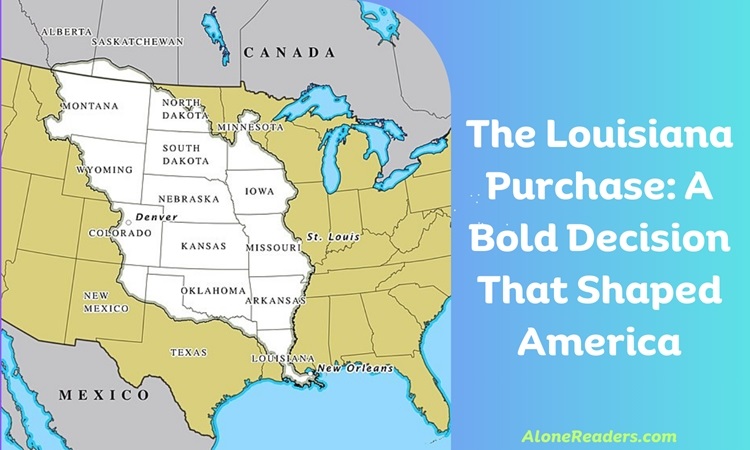
On April 11, 1803, a pivotal moment in American history unfolded, not with the roar of cannons or the signing of declarations, but through a surprising diplomatic offer that would dramatically reshape the United States. The setting of this historic day was Paris, where a U.S. delegation, headed by Robert R. Livingston, found themselves navigating the treacherous waters of international diplomacy.
The initial mission of the U.S. envoys, which included James Monroe, was relatively straightforward: negotiate the purchase of New Orleans and its surrounding areas from France. The strategic importance of New Orleans, located at the mouth of the Mississippi River, was undeniable for the young United States. Control over this port city meant securing a crucial artery for trade and expansion westward.
The delegation was authorized to spend up to $10 million, a substantial sum at the time, reflecting the significance of New Orleans to American interests. However, what transpired during the negotiations was unforeseen and would forever change the course of American history.
The French ruler, Napoleon Bonaparte, faced with mounting pressures in Europe and the Caribbean, had reassessed his American ambitions. The loss of the French colony of Saint-Domingue (modern-day Haiti) after a slave revolt and the looming threat of war with Britain made the French territories in America less appealing. Napoleon, known for his strategic acumen, decided to offer the entire Louisiana territory to the United States.
This proposal was staggering in its scope. The Louisiana territory, encompassing around 828,800 square miles, stretched from the Gulf of Mexico to Canada, and from the Mississippi River to the Rocky Mountains. It was an offer that went far beyond the original intentions of the American delegation.
For Robert R. Livingston and his colleagues, the decision to accept or decline this offer was fraught with complexity. The sheer size of the territory posed questions about the feasibility of governing such an expansive area. Moreover, the U.S. Constitution did not explicitly provide for the acquisition of new territories, leading to debates about the legality of such a purchase.
However, the strategic and economic advantages of the offer were too significant to ignore. The acquisition of the Louisiana territory would double the size of the United States, provide immense resources, and remove the presence of a European power from the nation's borders.
Livingston, aware of the fleeting nature of diplomatic opportunities, made a bold decision. Without the immediate ability to consult President Thomas Jefferson, he accepted Napoleon's offer. This decision, made in the moment, was a gamble that reflected both the urgency and the potential of the situation.
The price agreed upon was $15 million, a bargain considering the size of the territory. In terms of modern real estate, it amounted to less than three cents per acre. The deal, known as the Louisiana Purchase, was finalized in a treaty signed on April 30, 1803.
President Thomas Jefferson, upon learning of the agreement, faced a dilemma. The strict interpretation of the Constitution, which he generally adhered to, did not explicitly allow for such a purchase. However, the opportunity to expand the nation's territory was too significant to pass up. Jefferson, in a pragmatic move, set aside his strict constitutional concerns and embraced the purchase.
The Louisiana Purchase had profound implications for the United States. It paved the way for westward expansion, fueled the concept of Manifest Destiny, and contributed to the nation's growth into a continental power. The acquisition also raised important questions about the treatment of Native American populations and the extension of slavery into new territories.
In retrospect, the decision of Robert R. Livingston and the U.S. delegation on April 11, 1803, stands as a bold and defining moment in American history. It showcased the complexities of diplomacy, the challenges of constitutional interpretation, and the unpredictable nature of historical events. The Louisiana Purchase not only doubled the size of the young nation but also set the stage for its future as a major global power.